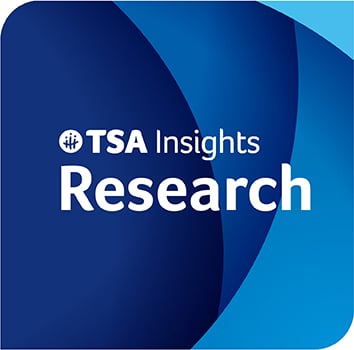The link between drug-resistant epilepsy and the TSC2 gene in TSC: New insights from the PREVeNT trial
About this study
This study focused on children with TSC (Tuberous Sclerosis Complex) and drug-resistant epilepsy (DRE). Identifying children who are at the highest risk for DRE is important for early intervention, which can improve their cognitive development. The research explored whether certain genetic traits in children with TSC were linked to an increased risk of DRE.
How the study was conducted
The researchers analysed 70 children with TSC who had been enrolled in a study called PREVeNT before they were 6 months old. The children’s health, including detailed information about their epilepsy and genetic makeup, was tracked over time. The study compared the relationship between specific genetic variants and the likelihood of developing DRE, as well as the timing of the first abnormal brain activity and the onset of epilepsy.
Outcomes of the study
The study found that children with a particular genetic mutation in the TSC2 gene had a much higher risk of developing DRE compared to those with a TSC1 gene mutation or no detectable mutation. In fact, all children in the study who developed DRE had a TSC2 mutation. Those with TSC2 mutations that resulted in no production of the TSC2 protein were at even greater risk. Additionally, children in the study who had TSC1mutations experienced the onset of epilepsy an average of 21.2 months later than those with other genetic profiles.
Conclusions of the study
This is the first study to clearly show that certain genetic mutations in TSC are linked to the severity and timing of epilepsy in children. Specifically, children with TSC2 mutations, especially those leading to no TSC2 protein production, are more likely to develop DRE and experience epilepsy earlier than those with TSC1 mutations.
Implications of the study
The findings of this study can help doctors better predict which children with TSC are at high risk for severe epilepsy. This knowledge can guide early intervention treatment strategies, improve the management of these patients, and provide more accurate information for families about their child’s condition.
Farach LS, Richard MA, Wulsin AC, Bebin EM, Krueger DA, Sahin M, Porter BE, McPherson TO, Peters JM, O’Kelley S, Taub KS, Rajaraman R, Randle SC, McClintock WM, Koenig MK, Frost MD, Werner K, Nolan DA, Wong M, Cutter G, Northrup H, Au KS; PREVeNT Study Group. Drug-Resistant Epilepsy in Tuberous Sclerosis Complex Is Associated With TSC2 Genotype: More Findings From the Preventing Epilepsy Using Vigatrin (PREVeNT) Trial. Pediatr Neurol. 2024 Oct;159:62-71. doi: 10.1016/j.pediatrneurol.2024.06.012. Epub 2024 Jul 4. PMID: 39142021.
Full paper available at: https://doi.org/10.1016/j.pediatrneurol.2024.06.012
DISCLAIMER
This information is intended to provide some insights into recent TSC-related research. It is not intended to, and it should not, constitute medical or other advice. Readers are warned not to take any action without first seeking medical advice.

